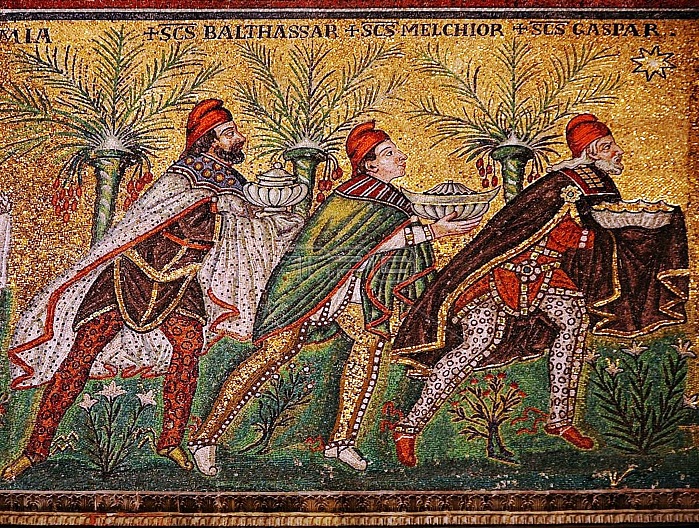
Magi (English singular magian, mage, magus, magusian, magusaean) is a term, used since at least the 4th century BCE, to denote followers of Zoroaster, or rather, followers of what the Hellenistic world associated Zoroaster with, which was in the main the ability to read the stars, and manipulate the fate that the stars foretold. Pervasive throughout the Eastern Mediterranean and Western Asia until late antiquity and beyond, Greek magos, 'Magian' or 'magician,' was influenced by (and eventually displaced) Greek goas, the older word for a practitioner of magic, to include astrology, alchemy and other forms of esoteric knowledge. This association was in turn the product of the Hellenistic fascination for (Pseudo-) Zoroaster, who was perceived by the Greeks to be the 'Chaldean' 'founder' of the Magi and 'inventor' of both astrology and magic. Among the skeptical thinkers of the period, the term 'magian' acquired a negative connotation and was associated with tricksters and conjurers. This pejorative meaning survives in the words 'magic' and 'magician'. In English, the term 'magi' is most commonly used in reference to the Gospel of Matthew's 'wise men from the East', or 'three wise men', though that number does not actually appear in Matthew's account. The plural 'magi' entered the English language around 1200, in reference to the Biblical magi of Matthew 2:1. The singular appears considerably later, in the late 14th century, when it was borrowed from Old French in the meaning magician together with magic.
| px | px | dpi | = | cm | x | cm | = | MB |
Details
Creative#:
TOP27176914
Source:
達志影像
Authorization Type:
RM
Release Information:
須由TPG 完整授權
Model Release:
No
Property Release:
No
Right to Privacy:
No
Same folder images:

 Loading
Loading